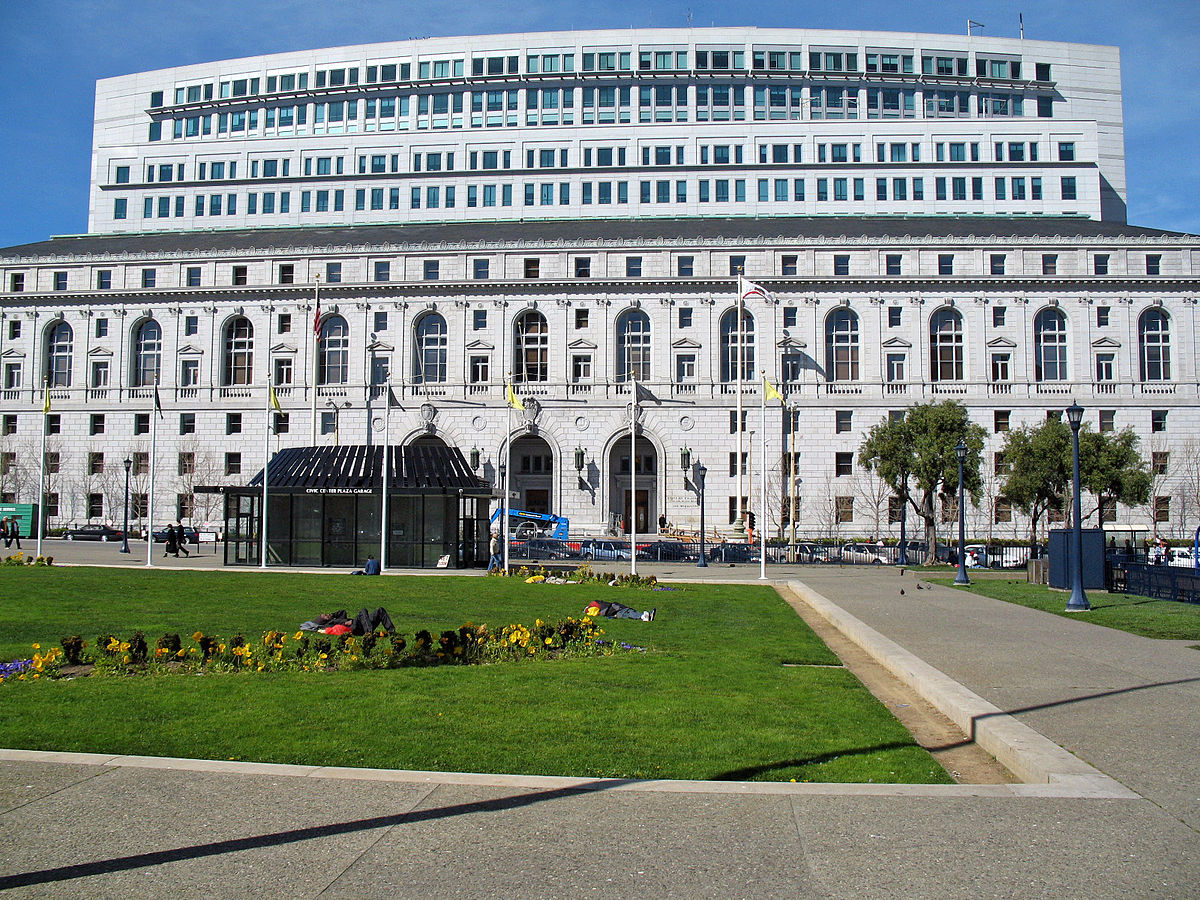U.S. Supreme Court Again Strikes Down a California Arbitration Decision
As a result of the SCOTUS decision, a PAGA plaintiff’s individual claim can be compelled to arbitration
By Chris Micheli, June 15, 2022 7:42 pm
In an expected, but nonetheless welcome opinion, the United States Supreme Court once again reversed a California appellate court decision regarding arbitration agreements. On June 15, the US Supreme Court issued its decision in Viking River Cruises, Inc. v. Moriana, No. 20-1573, which was argued on March 20.
The nation’s high court granted certiorari for an appeal from the Second District Court of Appeal in California. This was another decision regarding the extent of the Federal Arbitration Act (FAA) preemption over state court decisions or legislation limiting or impeding the use of arbitration agreements.
The California Supreme Court, in its decision in Iskanian v. CLS Transportation Los Angeles, LLC, 59 Cal.4th 348, ruled that arbitration agreements cannot preclude a representative action under the Private Attorneys General Act (PAGA) because the employee plaintiff is stepping into the shoes of the State in a PAGA action and the State was not a signatory to the arbitration agreement. The US Supreme Court rejected this decision and instead held that the FAA preempts the California rule that had invalidated waivers of the right to assert representative claims under PAGA.
In the Viking River Cruises case, the employee (Moriana) filed a PAGA lawsuit against her former employer claiming that Viking had violated California’s Labor Code. Her employment contract with Viking contained a mandatory arbitration agreement that specifically included a class action waiver that employees could not file any disputes (including under PAGA).
California’s courts had rejected Viking’s effort to compel arbitration because they applied the California Supreme Court’s Iskanian decision. The U.S. Supreme Court held that the FAA preempts the rule of Iskanian insofar as it precludes division of PAGA actions into individual and non-individual claims through an agreement to arbitrate.
The U.S. Supreme Court said it disagreed with the plaintiff’s reading of the PAGA statute, saying those arguments are “irreconcilable with the structure of the statute and the ordinary legal meaning of the word ‘claim’.” Furthermore, the high Court explained that the Iskanian decision’s prohibition on PAGA waivers is inconsistent with the FAA because PAGA creates an intrinsically representational form of action and Iskanian requires parties either to arbitrate in that format or forgo arbitration altogether.
In addition, the U.S. Supreme Court ruled that PAGA’s built-in mechanism of claim joinder is in conflict with the FAA. The Iskanian decision’s prohibition on contractual division of PAGA actions into constituent claims unduly circumscribes the freedom of parties to determine “the issues subject to arbitration” and “the rules by which they will arbitrate,” Lamps Plus, Inc. v. Varela, 587 U. S. ____, ____, and does so in a way that violates the fundamental principle that “arbitration is a matter of consent,” Stolt-Nielsen, 559 U. S., at 684. For that reason, state law cannot condition the enforceability of an agreement to arbitrate on the availability of a procedural mechanism that would permit a party to expand the scope of the anticipated arbitration by introducing claims that the parties did not jointly agree to arbitrate.
The U.S. Supreme Court found that the practical impact of the California Supreme Court’s Iskanian decision is “to coerce parties into withholding PAGA claims from arbitration.” While the nation’s high court did not rule that the Iskanian decision’s prohibition on wholesale waivers of PAGA claims is not preempted by the FAA, the court did rule that the Iskanian rule that PAGA actions cannot be divided into individual and non-individual claims is preempted.
As a result of the U.S. Supreme Court’s decision, a PAGA plaintiff’s individual claim can be compelled to arbitration (assuming there is a valid arbitration agreement in place). So, if an employer does not have a valid arbitration agreement in place, an employee can still bring an individual PAGA claim against the employer. However, a blanket waiver of all PAGA claims is still not allowed under the FAA. In addition, today’s decision does not impact the PAGA statute itself.
- Corporations Commissioner Powers - February 27, 2026
- Death Deeds in California - February 27, 2026
- Sources of Law - February 26, 2026





3 thoughts on “U.S. Supreme Court Again Strikes Down a California Arbitration Decision”